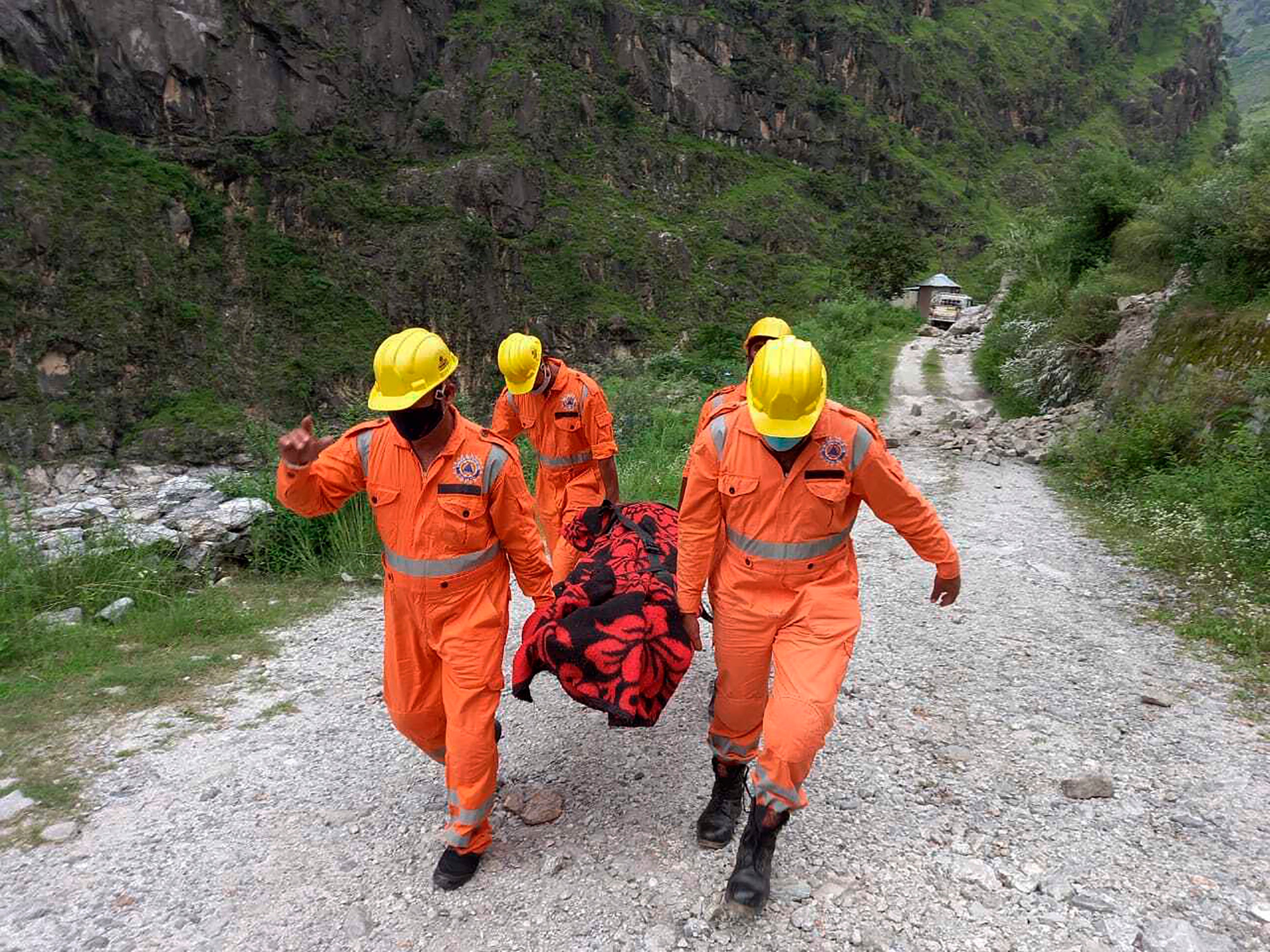Search resumes for victims of deadly Indian landslide
Rescuers have resumed their search for survivors and victims of a large landslide that swept across a highway in the mountains of northern India, killing at least 13 people

Rescuers resumed their search Thursday morning for survivors and victims of a large landslide that swept across a highway in the mountains of northern India a day earlier, killing at least 13 people.
A bus, a truck and two cars were smashed in the landslide in Himachal Pradesh state's Kinnaur district. Dozens of people are still feared trapped in the bus, which was buried by the debris, a police statement said.
More than 100 rescuers, including police and paramilitary personnel, have been deployed to clear the rubble using four earth removers.
Television images of the disaster showed boulders and rocks rolling down the hillside before crashing into vehicles on the highway.
So far 14 people have been rescued, said Vivek Kumar Pandey, a spokesman for a paramilitary force involved in the search. They have been taken to hospitals but are not seriously injured, district administrator Abid Hussain Sadiq said.
Eight bodies were found in a sports utility vehicle, while two bodies were found in the truck, which rolled down to a riverbank. Three more bodies were recovered on Thursday.
Heavy rain has caused several landslides in Himachal Pradesh state over the past few weeks. The region is 600 kilometers (375 miles) north of New Delhi
Disasters caused by landslides and flooding are common in India during the June-September monsoon season.
In August, about 150 people were killed by landslides and flooding triggered by monsoon rains in western India’s Maharashtra state.
Experts say heavy rainfall along India’s western coast is in line with how rainfall patterns have changed in past years due to climate change, as the warming Arabian Sea drives more cyclones and more intense rainfall over short periods of time.
———
Associated Press writer Ashwini Bhatia contributed to this report from Dharmsala, India.
Subscribe to Independent Premium to bookmark this article
Want to bookmark your favourite articles and stories to read or reference later? Start your Independent Premium subscription today.
